Podcasting goes to school
Academia has been slow to embrace podcasting, but these shows and their hosts are proving the form has much to offer.

Podcasts – digital audio shows that listeners stream or download to consume at their leisure – have firmly established their place in pop culture through huge hits such as Serial (by the creators of the public radio show This American Life) or Marc Maron’s WTF, which famously hosted President Obama back in 2015. And with the increasing ease-of-use of recording technologies, and a bit of time and practice, even relative neophytes can create their own professional-sounding podcasts. But the form has been slow to find a place in the scholarly world. Meet a few Canadian academic podcasters who are trying to change that.
Surgery 101
Est. 2008
Hosts: Jonathan White, rotating experts
Episodes (for all podcasts listed, as of September 2017): 234
Listen to: Episode 10, “Dr. Scalpel’s Guide to Surgery: Sutures”, a video episode hosted by Muppet surgeons; Episode 103, “How Not to Faint in the OR”
Where to find the show: Surgery101.org, Facebook, Twitter, YouTube, Instagram, Reddit, iTunes
Fun fact: Surgery 101 podcasts have been downloaded more than 3.8 million times.
 The Surgery 101 podcast is essentially a medical school boot camp in all things surgical (the show even has an episode called “Surgery Bootcamp”). In less than 20 minutes, a surgeon talks you through a beginner’s guide to their field of expertise, with an episode archive that starts at anesthesiology, ends at vascular surgery and hits most points in surgical education along the way.
The Surgery 101 podcast is essentially a medical school boot camp in all things surgical (the show even has an episode called “Surgery Bootcamp”). In less than 20 minutes, a surgeon talks you through a beginner’s guide to their field of expertise, with an episode archive that starts at anesthesiology, ends at vascular surgery and hits most points in surgical education along the way.
Surgeon Jonathan White created the show in 2008, shortly after joining the medical faculty at the University of Alberta. A self-described early adopter, Dr. White keeps up with the latest in digital technologies and web trends. “I’m the first person I knew that had a wiki, or a blog or even an email address,” he says. Nine years ago, the device of the day was the iPod and with it came the popularizing of podcasts (Apple added a podcast directory to iTunes in 2005). As director of surgical education, Dr. White saw huge potential in the burgeoning field of podcasting as a resource for his tech-savvy students.
“We know people learn in different ways and this is just another item on the educational smorgasbord,” he says. Using funds from his endowment as the university’s Tom Williams Chair in Surgical Education and with the help of fellow faculty member Parveen Boora, he recorded the first 10 episodes of Surgery 101, uploaded them to the web and kept his expectations low.
“We just put them on iTunes and told our students they were there,” Dr. White recalls. They didn’t plan on making any more episodes, but the show found a steady audience beyond U of A and listeners began to reach out with topic requests. Curious as to just how far he could stretch this experiment, Dr. White approached other physicians to help him meet the demand. “We ended up getting enough surgeons involved that we had material to broadcast once a week.”

After more than 230 episodes, making Surgery 101 has become somewhat routine for Dr. White and the team (which includes four full-time staff members plus two summer-student staffers). The guest expert – a surgeon, a student, a patient – delivers a well-polished script that gets recorded by Dr. White or a staffer, who then makes some edits, adds an intro, an outro and sound effects using GarageBand, and publishes the episode to various platforms under a Creative Commons license. Dr. White notes that participating as a guest expert is a fairly simple process but the payoff to that person’s public profile is invaluable.
“If I publish an academic scientific paper, I bet you a hundred people will read the title in the first year after publication. Maybe 50 people will read the abstract, 20 people will get the paper and five people will make it to the end of the paper. One or two people will get the point and change something based on the paper,” says Dr. White. However, “If I publish a podcast, I get 10,000 downloads in the first couple of weeks. Tell me again why I’m publishing papers when I can reach so many other people through podcasts?”
Surgery 101 and its various spin-off products (a Surgery 101 app, video episodes and episode extras) remain sustainable with support from the Tom Williams Chair, medical supply company Covidien-Medtronic, Alberta Health Services and Edmonton’s Royal Alexandra Hospital, where Dr. White works and the show is produced. “We couldn’t have done half of this stuff without having all those partners,” Dr. White says. “I’ve been approached by some medical textbook publishers who have asked, ‘Can we buy this from you?’ and I’ve said it’s not for sale and it’s not actually mine. All the different surgeons, students and residents who have helped us to do this, they actually own it.”
Witch, Please
Est. 2015
Hosts: Hannah McGregor and Marcelle Kosman
Episodes: 56
Listen to: Episode 6, “Neale Barnholden and the Final Cut”
Where to find the show: ohwitchplease.ca; Twitter; Tumblr; Instagram; iTunes
Podcasts Hannah McGregor recommends: Can’t Lit, PhDivas, Buffering the Vampire, Call Your Girlfriend and Secret Feminist Agenda (a new interview podcast hosted by Dr. McGregor)
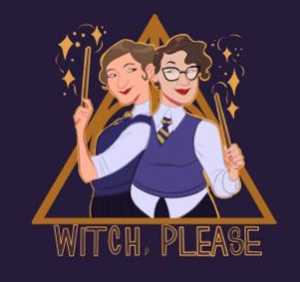 Listening to the Witch, Please podcast is kind of like eavesdropping on a couple of old pals catching up at their book club. Nearly three years ago, Hannah McGregor, then a postdoctoral researcher, and Marcelle Kosman, a graduate student, decided to reread the Harry Potter books together and record their conversations as a way of keeping in touch as work at the University of Alberta piled on.
Listening to the Witch, Please podcast is kind of like eavesdropping on a couple of old pals catching up at their book club. Nearly three years ago, Hannah McGregor, then a postdoctoral researcher, and Marcelle Kosman, a graduate student, decided to reread the Harry Potter books together and record their conversations as a way of keeping in touch as work at the University of Alberta piled on.
The literary scholars and their feminist take on the beloved series quickly gained a devoted following on iTunes and Twitter. They’ve since moved on to other products in the Harry Potter franchise and even the odd non-Potter book but have held firm to an approach that is both loving and critical. Throughout an episode you might hear the hosts break their Potter patter to crunch on snacks, crack a cheesy joke, laugh until they cry, or push a purring cat off a couch. The point to keeping all of this in the show is to “register our ‘embodiedness’ and to register our relationship with each other,” Dr. McGregor explains.

It was Ms. Kosman who produced the first season of the podcast (while pregnant) and came up with the sound that has played a big part in turning this “friendship project” into a mission to change the conventions of scholarly communication. Thanks to her work on Witch, Please, Dr. McGregor is in talks with Wilfrid Laurier University Press to develop a publisher-approved, peer-review process for podcasting. She’s making a case to have podcasts recognized as an “object of research production” rather than using them as just another vehicle to publicize work appearing in journals and books. “Right now, most of us have to do podcasts over and above the other scholarly work,” she says. “What if, instead of using my podcast to tell you about the paper I wrote, I just do that work in the podcast itself?”
Now an assistant professor in Simon Fraser University’s publishing program, Dr. McGregor is also tapping into her department’s resources to build a scholarly podcasting network that offers technical support, podcast distribution and promotion. “A lot of scholars I talk to about podcasting are excited by the idea but intimidated by the barrier to entry,” she says. “We’ll get people over that initial hump in the way that publishers always do.”
By pouring their hearts and minds into the show, and reaping the consequences – both good (speaking engagements, a broadened audience and community) and bad (the time demands) – the self-styled “lady scholars” have found that podcasting brings a bit of fun back into their work. For Dr. McGregor, at least, the pleasure she gets out of podcasting her way through literary and cultural criticism has helped make a career in academia seem more manageable. “I am seeing a lot of young scholars feeling really burned out by what academia is like today,” she says. “Podcasting brings a level of joy and pleasure into your work that I think makes it more sustainable for a lot of us.”
Cited
Est. 2016
Hosts: Gordon Katic, Sam Fenn
Episodes: 54 (plus 58 episodes of the Terry Project from 2013 to 2015)
Listen to: Episode 3, “Who Killed Canadian History?”; Episode 41, “Heroin Clinic”
Where to find the show: Twitter; Facebook; citedpodcast.com; iTunes
Podcasts Gordon Katic recommends: Invisibilia, Planet Money, Hi-Phi Nation
 Radio producer Gordon Katic grew up, professionally speaking, with a healthy appreciation of This American Life, the weekly radio show and podcast best known for distilling complex issues to human-scale stories and spinning local news into universally relatable yarns. It’s fair to say that the show has been a good model for Mr. Katic and the team at Cited as they build a podcast that tells stories about scholarship, policy and politics in a thoughtful and nuanced way. “It’s a show about the messy political questions that come out of research projects,” Mr. Katic says. “We also like to tell stories where bad research affects public policy or public discourse, or when good research is ignored.”
Radio producer Gordon Katic grew up, professionally speaking, with a healthy appreciation of This American Life, the weekly radio show and podcast best known for distilling complex issues to human-scale stories and spinning local news into universally relatable yarns. It’s fair to say that the show has been a good model for Mr. Katic and the team at Cited as they build a podcast that tells stories about scholarship, policy and politics in a thoughtful and nuanced way. “It’s a show about the messy political questions that come out of research projects,” Mr. Katic says. “We also like to tell stories where bad research affects public policy or public discourse, or when good research is ignored.”
The podcast broadcasts weekly during the academic year and alternates between interviews with experts on important research and policy issues – like women in STEM or racial discrimination in policing – and in-depth documentaries. An episode uploaded in March of this year, for example, presented a deep dive on an experimental harm-reduction program at Vancouver’s Crosstown Clinic, where patients are treated for drug addiction with prescribed doses of heroin. The show focused on the political battles involved in establishing, maintaining and expanding the program, and touched on the ethical issues around suspending the treatment program. Another episode in February took a look back at a partisan and faith-based fight that saw an evidence-based, progressive update to the sex education curriculum scrapped in Ontario.

The Cited team (hosts and producers Mr. Katic, Sam Fenn, Alexander Kim, Josh Gabert Doyon, and research assistant Stephen MacGregor) works out of the Michael Smith Labs at the University of British Columbia, where it started life as an offshoot of a student conference and guest speaker series called the Terry Project. In 2015, the Terry Project’s campus radio show, hosted by students Mr. Katic and Mr. Fenn, won a partnership grant from the Social Sciences and Humanities Research Council and rebranded as Cited.
The grant gave the show nearly $200,000 in funding and a new mandate to work with scholars and journalists to use podcasting to tell interesting, accessible research stories that newsrooms might otherwise miss or avoid. With official partnerships at UBC, McMaster University, Queen’s University, the University of Washington, and at think tanks including the Centre for Policy Alternatives, Cited has produced episodes with media outlets like The Tyee, the Georgia Straight and CBC’s The Doc Project.
Mr. Katic says they’ve recently started the next phase of the SSHRC project, which involves interviewing podcast participants for feedback on their experience of the process and its impact. “We’re trying to figure out, is this the way forward?” he explains, as opposed to the traditional approach where university public relations offices write press releases, send them to journalists and then hope that those journalists cover the story. Mr. Katic notes that what seems to be a public backlash against experts and expertise (evident in popular but factually incorrect stories that link vaccinations to autism, dismiss climate change as hype, or promote pseudo-medical treatments like vaginal steaming) has made it clear to him that the typical formats for covering research news just aren’t cutting it.
The Henceforward
Est. 2016
Hosts: Eve Tuck and rotating presenters
Episodes: 14
Fun fact: The artwork featured in the podcast logo and website is by Elizabeth LaPensée, an Anishinaabe, Métis and Irish artist and assistant professor at Michigan State University. The show’s theme music is by the Ottawa-based electronic music group A Tribe Called Red.
Where to find the show: thehenceforward.com; iTunes
Podcasts Eve Tuck recommends: Stories from the Land, Another Round, RadioLab
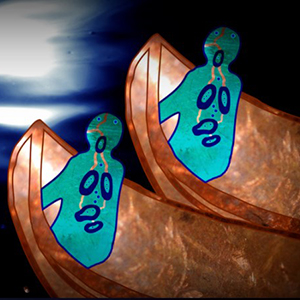 Eve Tuck was driven into podcasting in part by dissatisfaction. After years of reading the literature in her fields of education, Indigenous and critical race studies, Dr. Tuck, a Unangan woman and member of the Aleut community of St. Paul Island, Alaska, had become disappointed by a lack of range in the Indigenous experiences it reflected. She noted that scholarship on the relationships between Indigenous and black communities – and discussions by and between Indigenous and black scholars – are particularly underserved by academic publishing. Podcasts, on the other hand, “require us to go slowly, they require us to go through ideas with complexity using our own voices. They allow us to build in the kind of hesitations, caveats and reassurances that I think are not possible in academic publications,” she says.
Eve Tuck was driven into podcasting in part by dissatisfaction. After years of reading the literature in her fields of education, Indigenous and critical race studies, Dr. Tuck, a Unangan woman and member of the Aleut community of St. Paul Island, Alaska, had become disappointed by a lack of range in the Indigenous experiences it reflected. She noted that scholarship on the relationships between Indigenous and black communities – and discussions by and between Indigenous and black scholars – are particularly underserved by academic publishing. Podcasts, on the other hand, “require us to go slowly, they require us to go through ideas with complexity using our own voices. They allow us to build in the kind of hesitations, caveats and reassurances that I think are not possible in academic publications,” she says.
Dr. Tuck, an associate professor at the Ontario Institute for Studies in Education of the University of Toronto, confides that “I never felt totally comfortable with what my voice sounded like in a recording.” But, podcasting has helped her to get over that hesitation and find her voice. And if it can have that kind of impact on an experienced academic, imagine the benefits that taking the time to think out loud for a non-academic audience could yield for a budding scholar.

“There are a lot of synergies between podcasting and doing academic presentations and teaching,” says Dr. Tuck, adding that this type of work can help students who are thinking about becoming a professor. The graduate students in her “Decolonization, Settler Colonialism and Anti-blackness” course complete a series of short audio recordings throughout the term and in teams produce a season’s worth of episodes that run up to 40 minutes. These are collected together as The Henceforward podcast, a show with rotating hosts and production teams, and a different format from one episode to the next – one might feature in-depth conversations with scholars, while another is made of short “man-on-the-street” clips.
To help her students learn the art and technique of podcasting, Dr. Tuck connected with Chelsea Vowel, a Métis writer, educator and co-host of Métis in Space, a podcast that critiques (often over a glass of wine) the representation of Indigenous people in sci-fi movies and TV shows. Rather than send the students a set of stale instructions, Ms. Vowel created a four-episode how-to podcast called Commencing the Podcast Invasion that Dr. Tuck now assigns as part of her course material. “That was so generous of her to do that for our students,” Dr. Tuck says.
The professor also reached out to writer and podcaster Ryan McMahon, founder of the Indian and Cowboy network for Indigenous podcasts like Métis in Space and his own show, Red Man Laughing. “I saw him at a round dance that he was emceeing. I introduced myself and let him know that we were making this podcast and he said, ‘I’ll teach you everything that I can and we’d be happy to distribute it,’” Dr. Tuck recalls.
The title of the show comes from The Wretched of the Earth, Frantz Fanon’s groundbreaking book on the decolonization movement published in 1961: “Henceforward, the interests of one will be the interests of all, for in concrete fact everyone will be discovered by the troops, everyone will be massacred – or everyone will be saved.”
Dr. Tuck, who wrote about “the henceforward” in an article with Allison Guess and Hannah Sultan, says the concept does a good job encapsulating what they’re trying to do with the podcast. And the conclusion of that essay stands as a fitting tagline for the podcast and its goals: “the henceforward is the start of the future now.”
University-based podcasts
Many Canadian universities host their own podcasts. Here are a few to check out:
View to the U
University of Toronto Mississauga – spotlights UTM faculty from a range of disciplines.
Started: 2017
Number of episodes: 8
RelaySA
University of Toronto’s Adam Kuhn showcases those who work in student affairs in Canada; each guest suggests who should be interviewed next.
Started: 2016
Number of episodes: 18
Conversations with Goodman (formerly Good Morning Goodman)
Brock University – features guests from the Goodman School of Business community.
Started: 2015
Number of episodes: 89 (31 as Good Morning, 58 as Conversations)
Clock Radio
MacEwan University – stories from around the MacEwan campus.
Started: 2017
Number of episodes: 10
Language U
Simon Fraser University – discussions about language, literacy and multilingualism in higher education.
Started: 2016
Number of episodes: 5
Coady Radio – The Development Podcast
St. Francis Xavier University – discussions about leadership in community development, developed by the Coady International Institute at StFX.
Started: 2012
Number of episodes: 44
PolicyTalks
Carleton University – dives into all things related to policy analysis and international affairs
Started: 2016
Number of episodes: 27
Ryerson Today
Ryerson University – a look at the people, ideas and culture of Ryerson.
Started: 2015
Number of episodes: 30
Raw Talk Podcast
University of Toronto – bimonthly conversations with faculty, students and alumni of the Institute of Medical Science at the U of T faculty of medicine.
Started: 2016
Number of episodes: 21
Thinking out loud
Concordia University – divided into mini-series on different topics (the future, Expo67, cities).
Started: 2017
Number of episodes: 13
Think Indigenous
University of Saskatchewan – a series featuring Indigenous perspectives on education.
Started: 2017
Number of episodes: 3

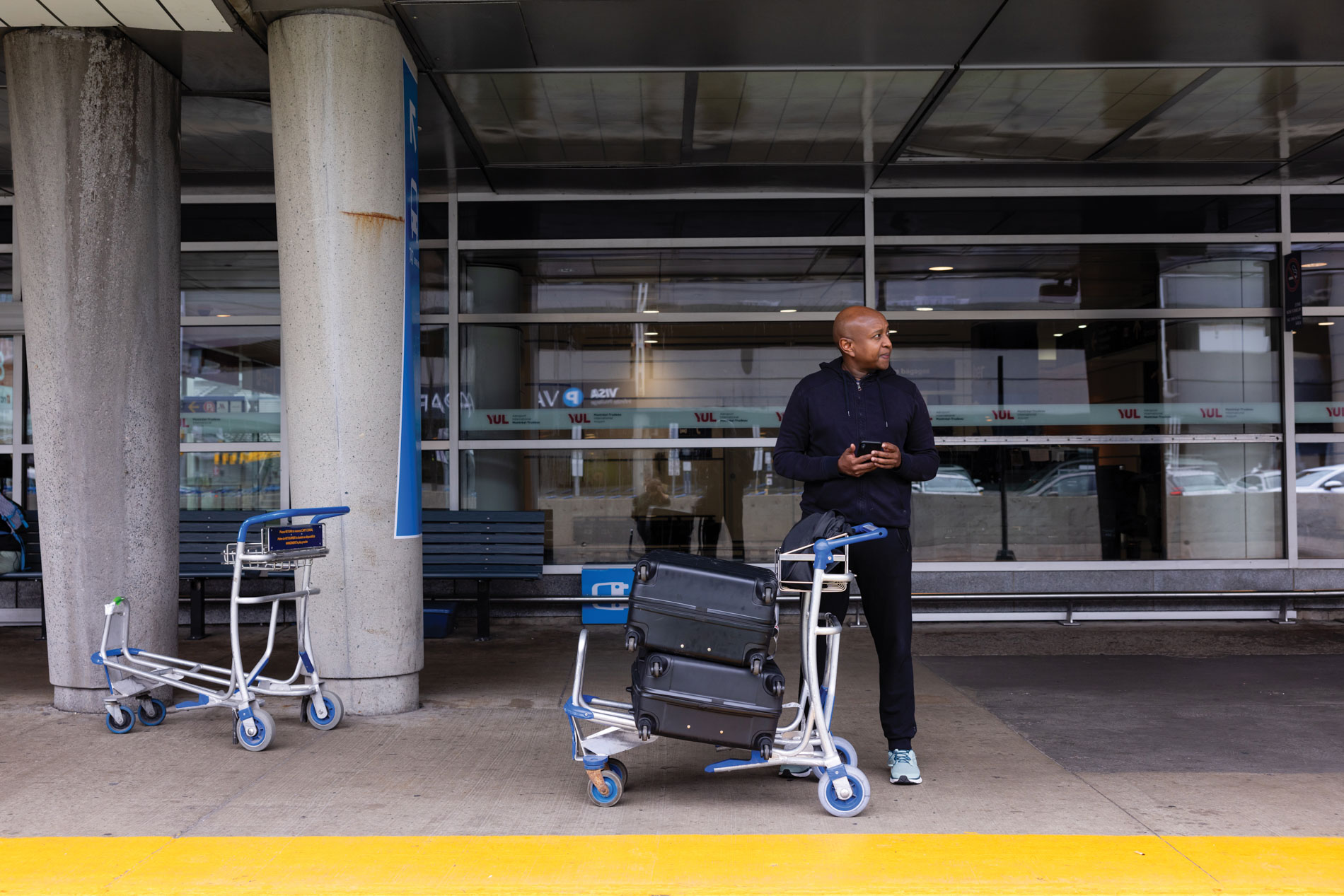
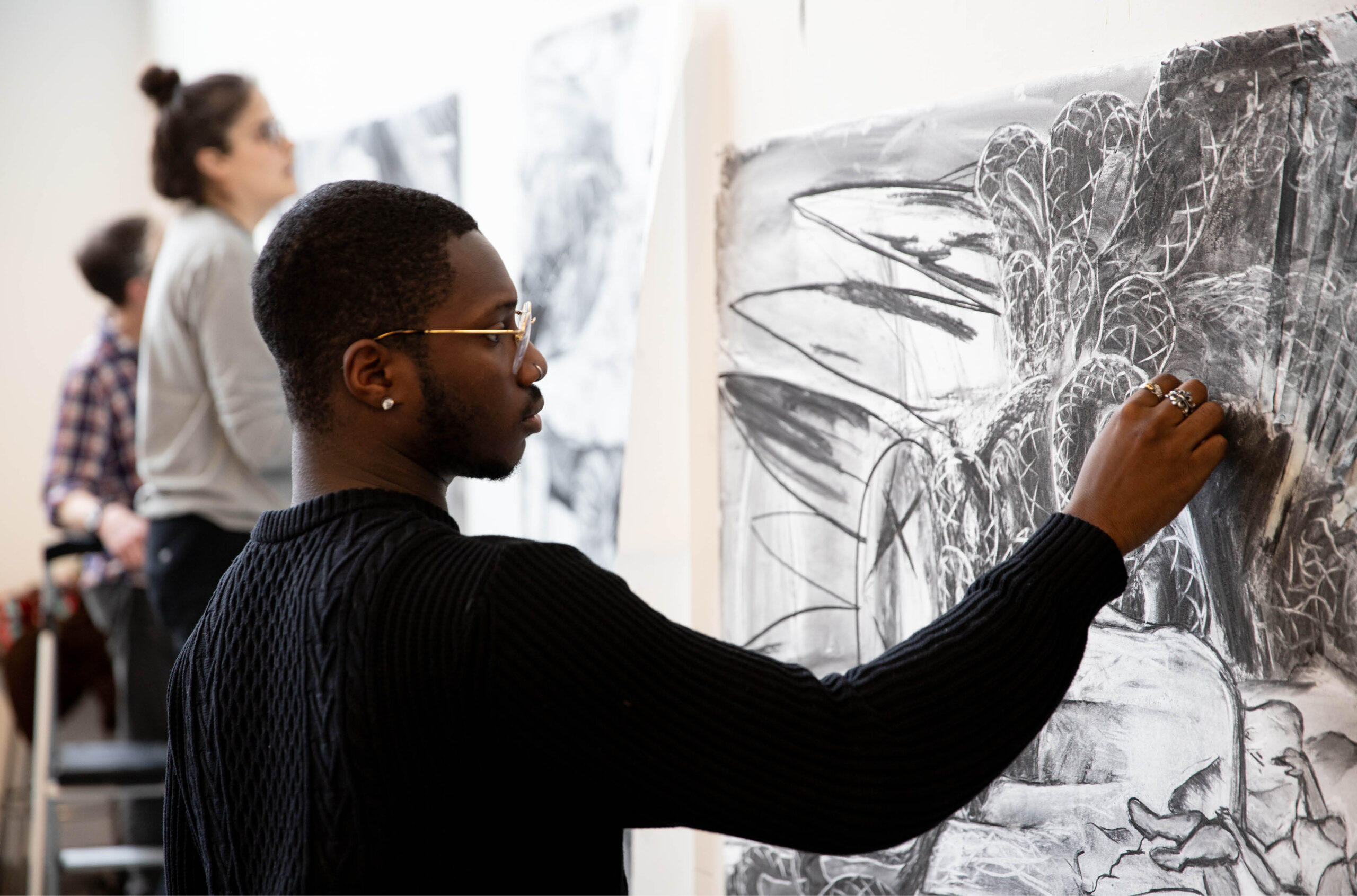

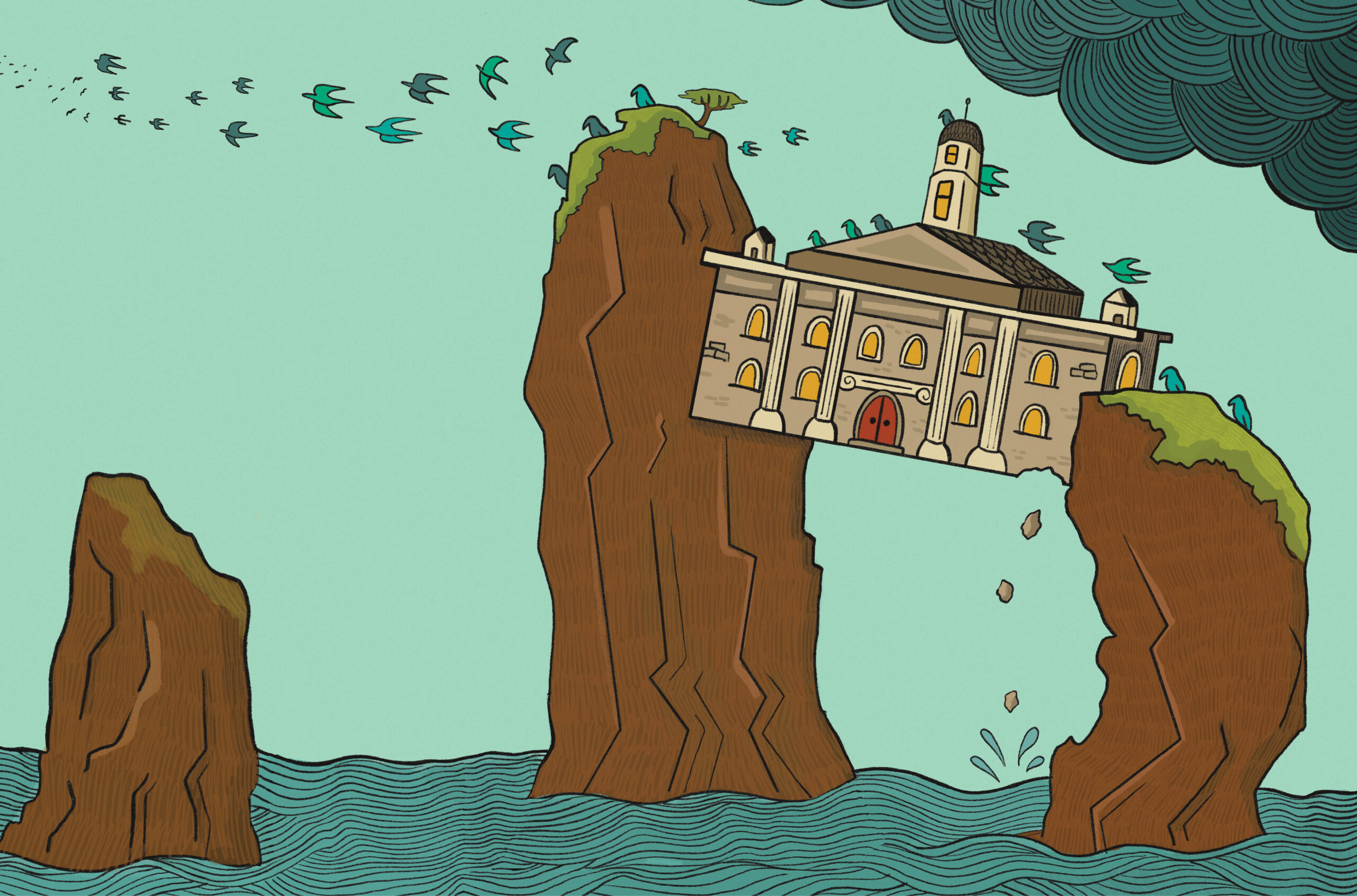
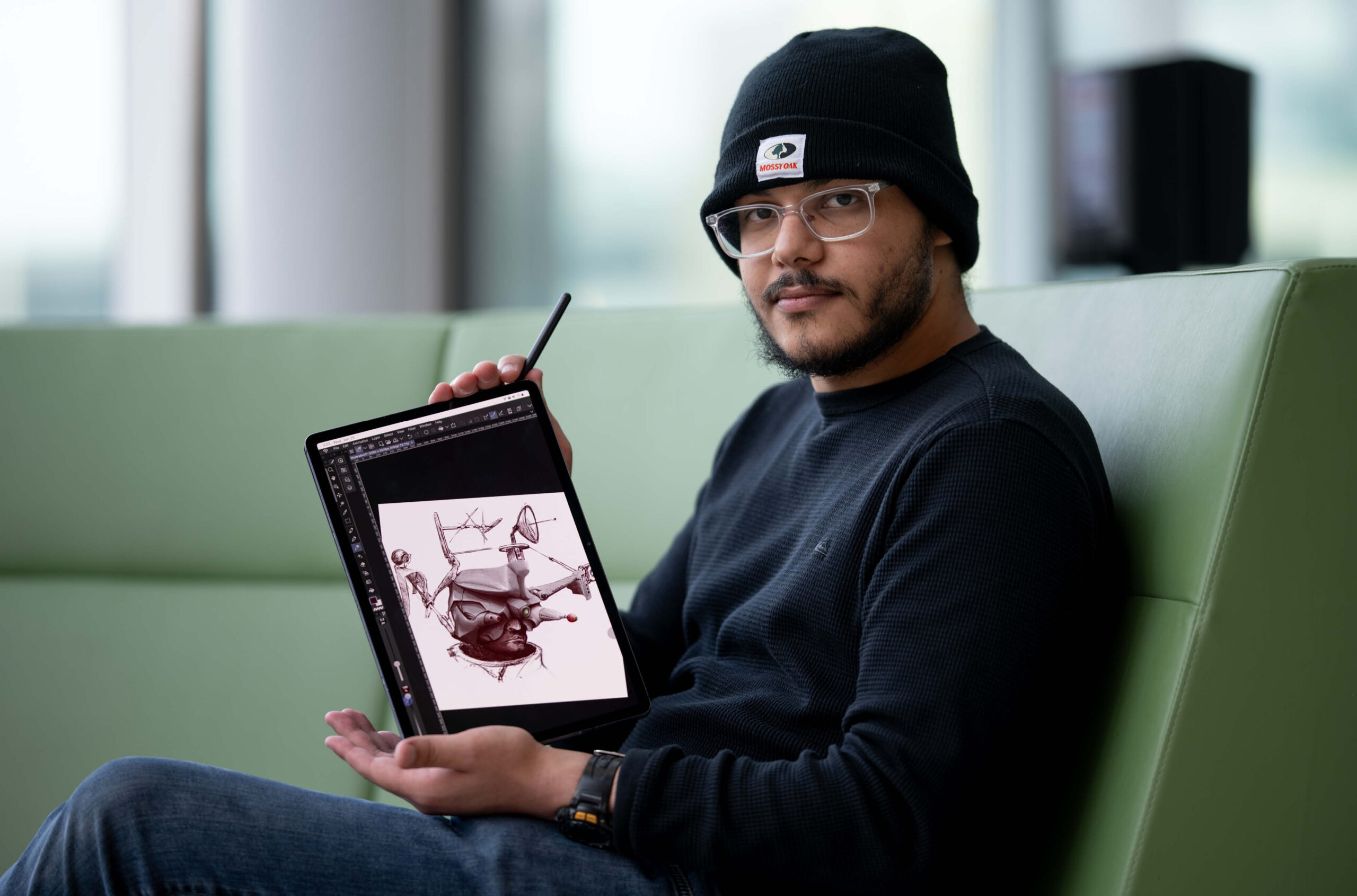
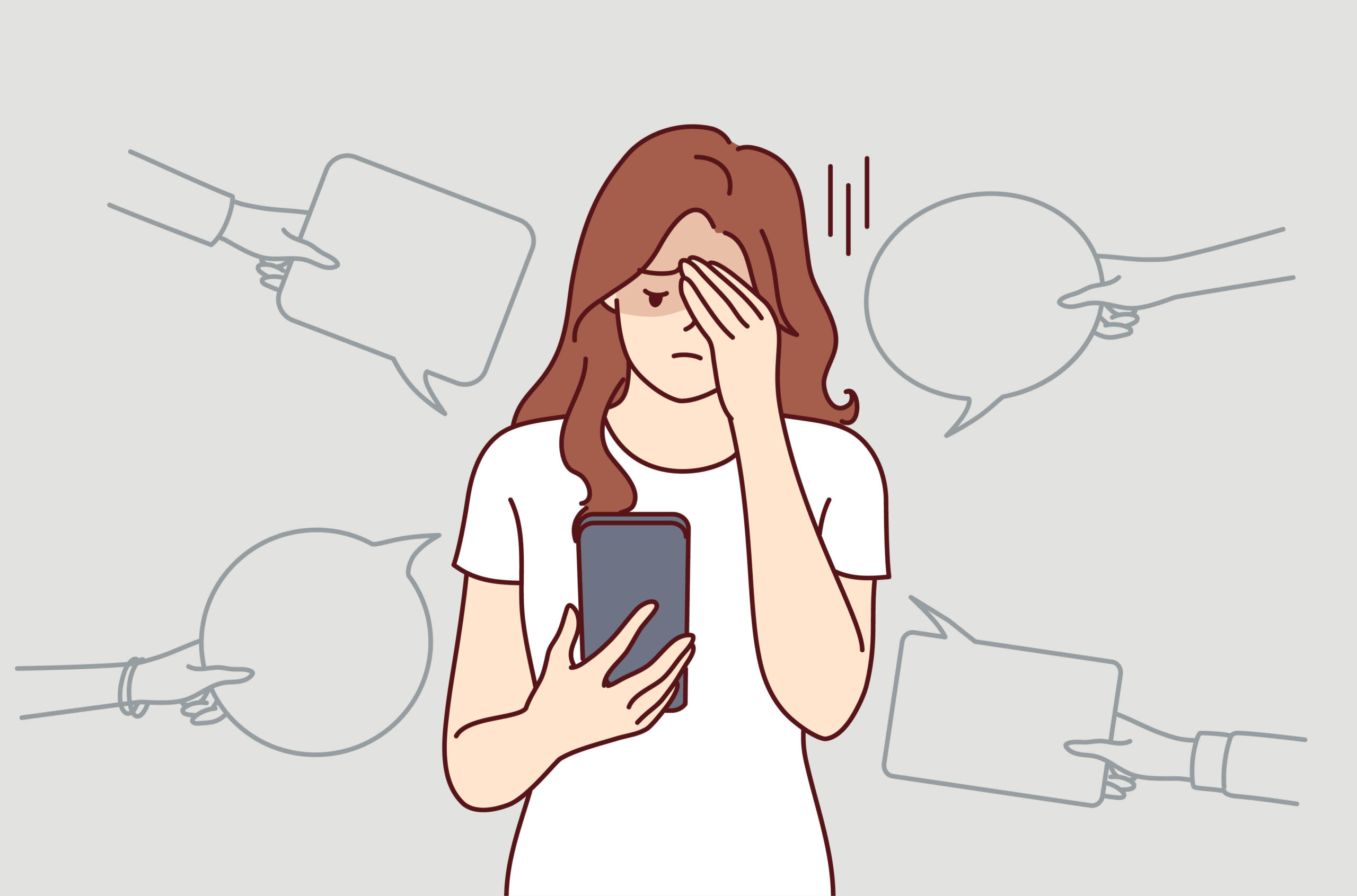

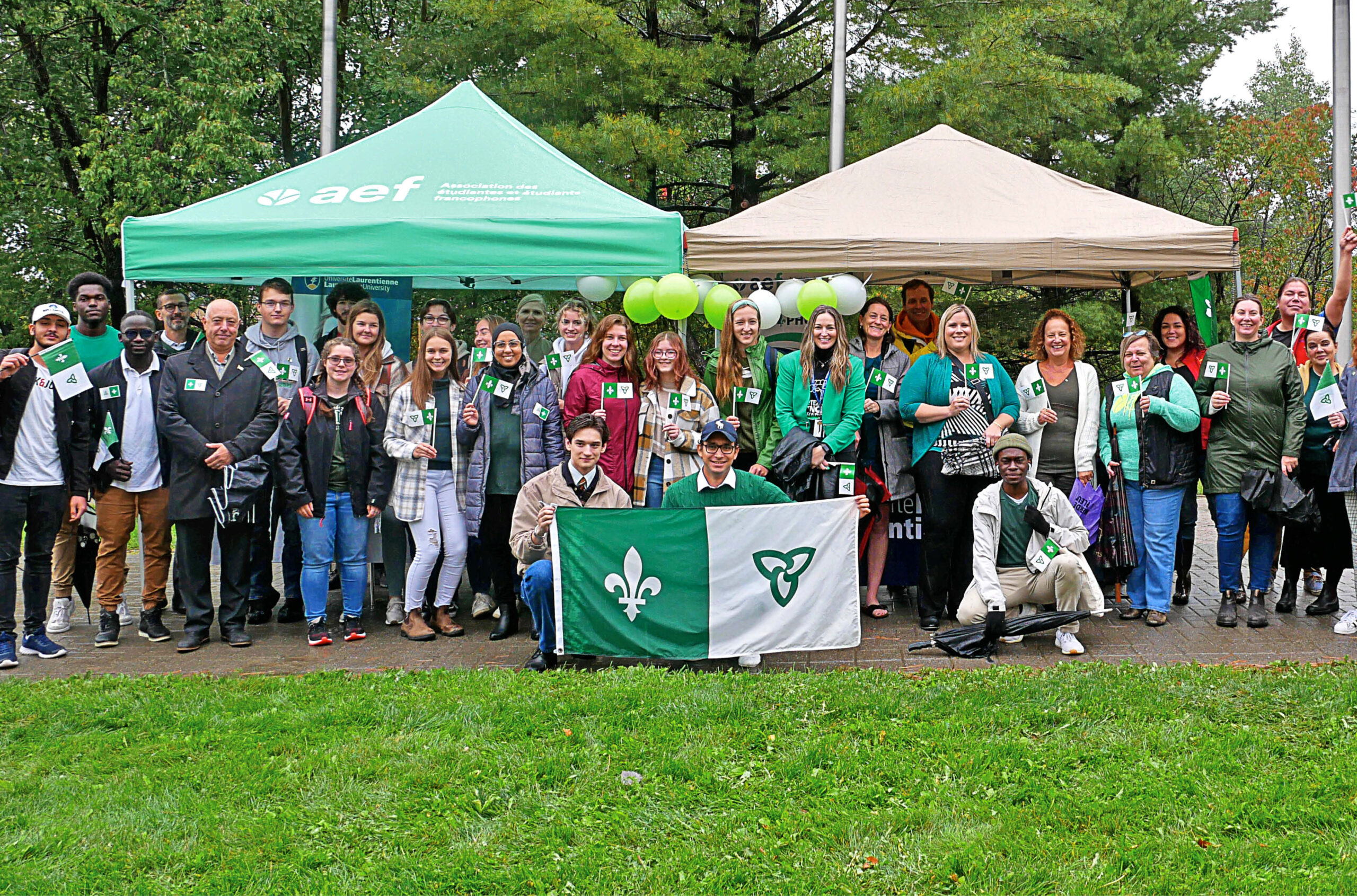

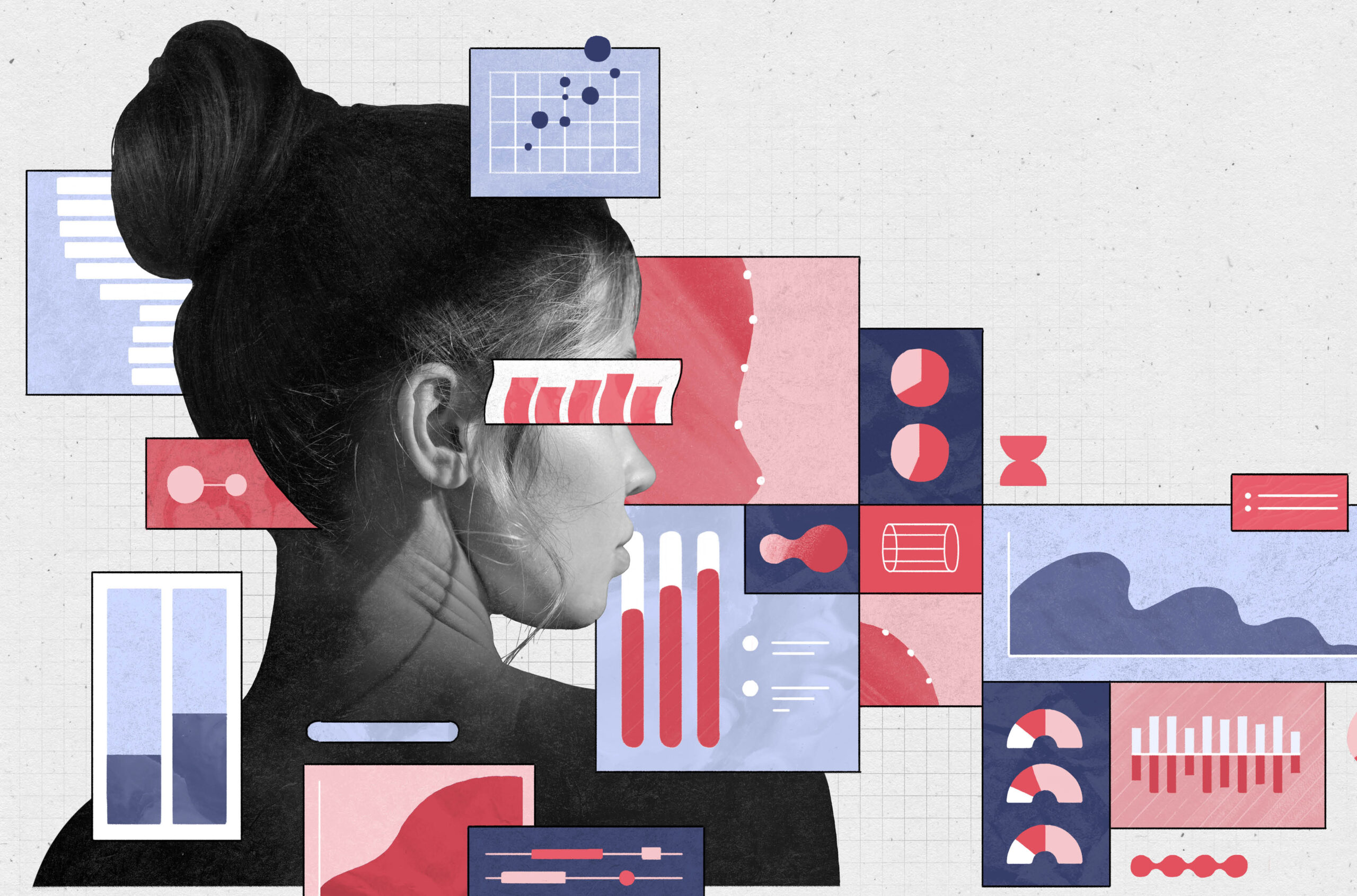


Post a comment
University Affairs moderates all comments according to the following guidelines. If approved, comments generally appear within one business day. We may republish particularly insightful remarks in our print edition or elsewhere.
4 Comments
I hope people will also check out the new podcast focused on critical theory and cultural studies: tinapp.org. Recent guests include Alexis Shotwell and Nicholas Greco.
We actually have a course on Audio Storytelling at UBC: http://lfs400.landfood.ubc.ca/syllabus/
Feel free to check out podcast I did for Adler University with my doctoral students called Socially Psyched on how social issues in Canada impact health!
https://m.soundcloud.com/user-356200389
“Open Questions: An Ethics Podcast” was recently started by two U of T philosophy PhD students, with support from U f T’s Centre for Ethics. It’s a really well-produced, engaging, and fun look at some common ethical questions we all face in our everyday lives, but with some tips and tricks on how to apply philosophical tools to these quandaries. Check it out: https://soundcloud.com/user-480390211